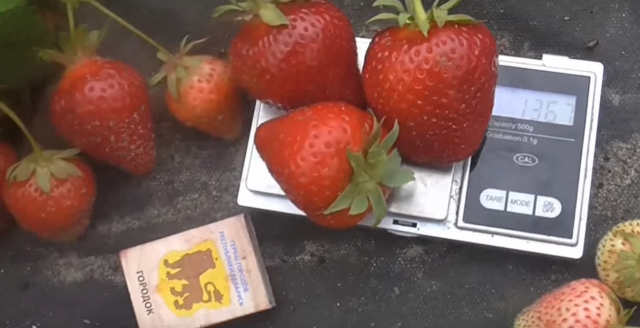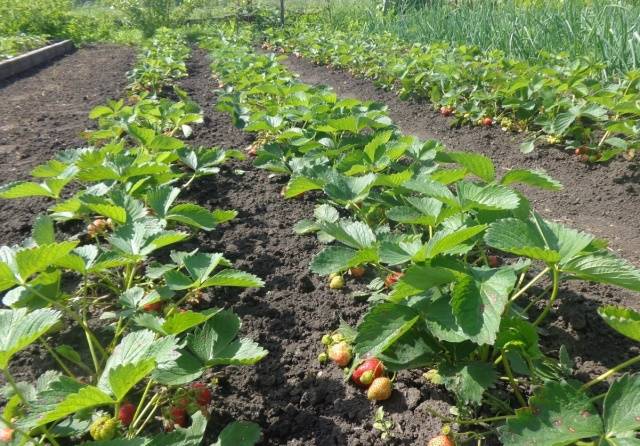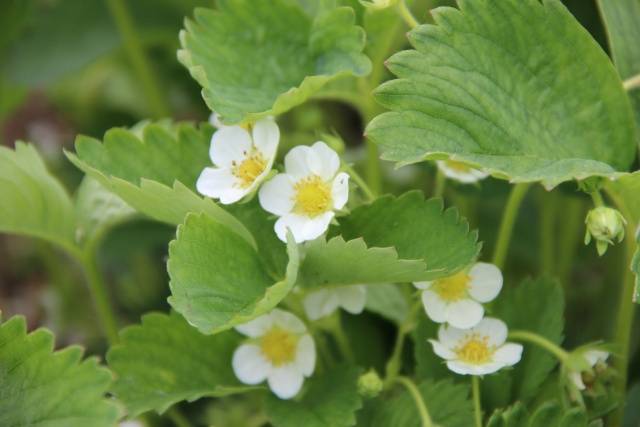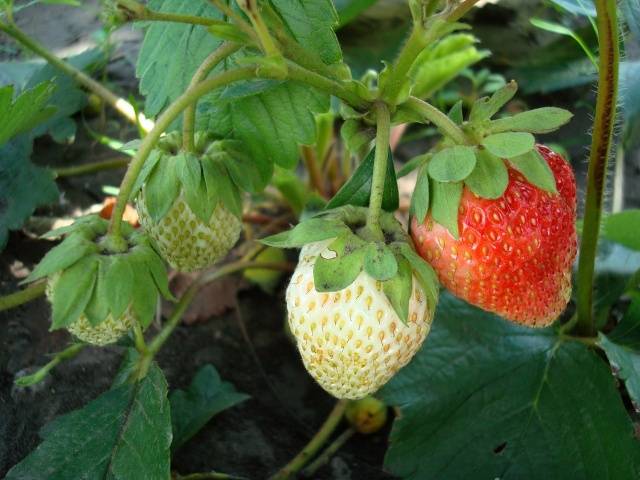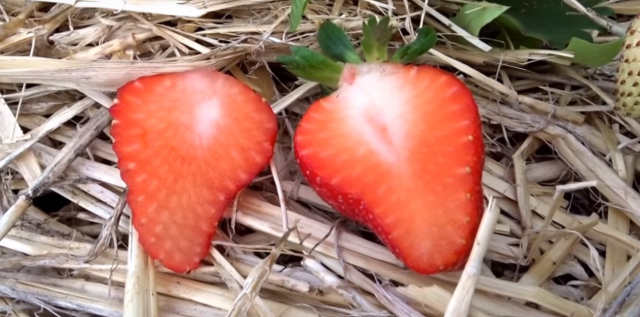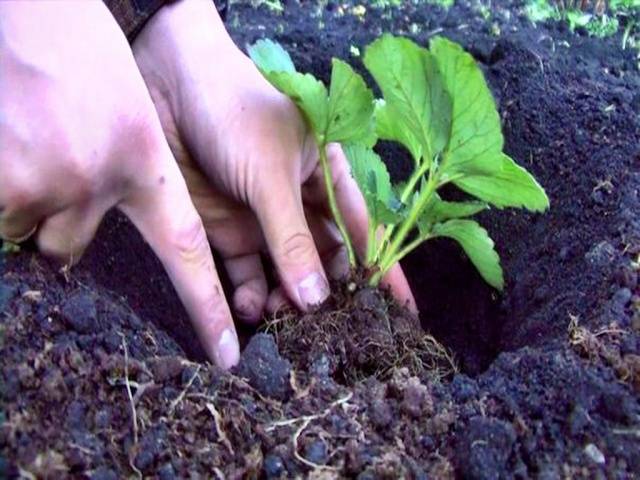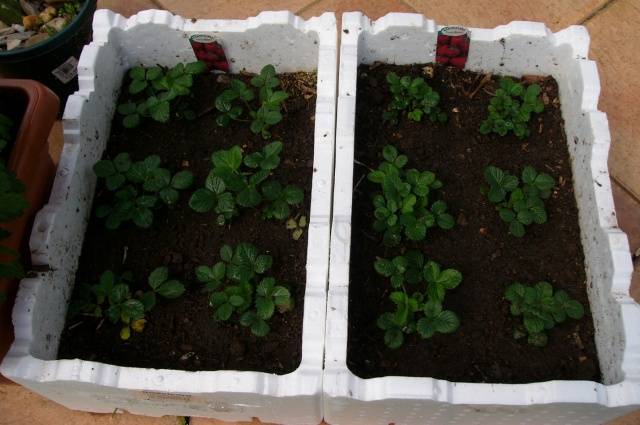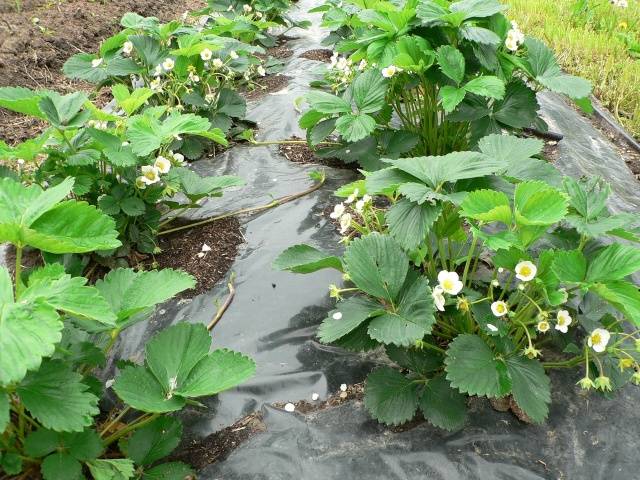Content
Garden strawberries, large and sweet berries, are grown by everyone who has a plot. Every year, breeders present new interesting varieties. Irma strawberry, a variety bred in Italy for its northern mountain regions, is relatively recent in Russia. In our climate, he showed himself well and found his fans.
Characteristics of the variety
Irma's repair strawberry has taken root in our gardens, thanks to the excellent taste of beautiful berries and the fact that it can be enjoyed for almost 4 months. The plant of neutral daylight hours combines high tasting qualities, productivity and transportability. The properties of the variety perfectly show themselves in conditions of latitudes with a sufficient level of natural precipitation. With prolonged rains, the berries may slightly crack, which still retain their taste and are suitable for processing.
In those regions where rains are welcome guests, strawberries have to be watered. It happens that by the end of the first season, the bushes wither. You need to take care of re-planting. This variety is also grown in greenhouses.
One strawberry bush is guaranteed to yield more than 1 kg of fruit; if the care requirements are met, the yield increases to 2.5 kg of berries. They are consumed fresh, because Irma's remontant strawberry, as the reviews say, contains a high percentage of vitamin C. The berry is rich in organic acids, antioxidants, valuable and essential mineral elements for the body: selenium, zinc, iodine. The fruits are harvested in the form of various jams and preserves for winter desserts.
Features of fruiting
As noted in the description of the variety, Irma strawberries are medium early. The first crop of attractive berries is harvested in mid-June. Abundant fruiting continues until autumn.
- Berries do not have a pronounced smell;
- The sugar content is constant, regardless of rainy days;
- The first berries are the sweetest;
- In the last days of August and early autumn, the most abundant harvest of fruits is obtained;
- Then the berries become smaller and slightly change their shape.
To help the plant form a full-fledged re-wave of the harvest, planting strawberries of the Irma variety, according to the reviews, it is necessary to regularly water, feed, loosen and mulch the soil.
Advantages and disadvantages
Based on the photos and reviews of gardeners about Irma's strawberries, as well as the description of the variety, the conclusion that the plant is popular due to its obvious advantages is organic.
- Excellent taste properties;
- Stable productivity;
- Drought resistance: berries withstand the sun;
- High commercial qualities: fruits are dense, stable and transportable;
- Frost resistance;
- Ease of reproduction through a mustache;
- Sufficient immunity of the strawberry variety to tick damage, fungal infections: gray rot and spotting, moderate sensitivity to Alternaria pathogens.
The disadvantage of the Irma strawberry variety, as follows from the description, is a decrease in fruiting during a period of prolonged heat. Installation of a drip irrigation system, as well as shading of strawberry plantings with a net, will help in this situation. Then at the end of the season, gardeners harvest an excellent harvest of Irma strawberries, as can be seen in the photo.
Description
Irma strawberry bush corresponds to the description of the variety and photo: compact, low, with sparse, dark green large leaves. Plants have a well-developed root system. The bush does not create a lot of whiskers, but enough for reproduction. Peduncles are high.
In the reviews, gardeners admire the fruits of Irma strawberries, which weigh 25-35 g. Berries with a dense structure, but without rigidity, do not crunch, fleshy, juicy. The shape of the berries is cone-shaped, with an elongated sharp top; there is a neck near the stalk. By the fall, the shape of the nose loses its ideal lines a little.
Delicate glossy cover and flesh - bright red, without voids. Summer berries have a higher sugar content. The taste of the fruit is pleasant and delicate, inherent in the entire harvest, even in the rain. Unobtrusive sourness sets off the sweetness of the berry, gives a delicious dessert taste.
Growing
Irma gives a particularly good and generous berry pick in the second year of growth. And then the strawberry yield drops. For homestead and summer cottages, yields for the third and fourth years are acceptable provided timely fertilizing. Then the planting of remontant strawberries is changed. Reviews of those who grew Irma strawberries indicate the ability of strawberries to easily propagate with a mustache. This method is easier and more familiar.
Mustache reproduction
The strawberry variety is easy to breed as it produces enough whiskers.
- Gardeners, according to the reviews about Irma's strawberries and the description of the variety, choose which plants they leave for picking berries, and remove the whiskers from them;
- From others, future seedlings grow. But on these bushes, peduncles are already removed so that the plant feeds the layers;
- It is better to root only the first two outlets;
- The mustache is left on biennial plants and the plantation is renewed for commercial use for the next season.
Seed propagation
The method of growing Irma strawberry varieties from seeds through seedlings, according to the reviews of sweet berry lovers, is more complicated and laborious. But the troublesome process ensures the purity of the variety.
- Irma strawberry seeds are sown in February or early spring in containers with soil for seedlings of vegetable crops, covering the top with a thin layer of soil;
- The containers are covered with foil or glass, but ventilated and watered daily if the soil is dry;
- You need to adhere to the optimal temperature - from 18 0C;
- Seedlings appear after three weeks. They need maximum coverage;
- The seedlings are moved to a permanent place when 5 leaves are formed on it.
Site selection
Planting and caring for Irma's remontant strawberries, as experience shows, will be successful if the appropriate site is chosen: sunny, rich in nutrients. If possible, the ideal planting area for this variety may have a slight slope to the southwest.
- Clay and sandy soils should be avoided for planting the Irma variety;
- Soils with a very high or too low acidity level are also undesirable;
- Strawberries grow well in areas where radishes, garlic, legumes, forage or green crops used to be;
- Humus, compost are introduced into the soil;
- The introduction of peat is also accompanied by 200-300 g of lime or dolomite flour;
- Of the mineral fertilizers, superphosphate, potassium chloride are appropriate.
Landing
Strawberries are planted in spring or fall. But late autumn planting entails low productivity of the first fruiting season.
- The width between double-row strawberry ribbons is 60-80 cm;
- Inside, between the rows, a distance of 35-40 cm is enough;
- The holes are made, retreating 15-25 cm. They should be dug to a depth of 10-12 cm in order to freely place the roots of the plant;
- For planting, prepared soil is poured into the holes: 1 bucket of soil and compost each, 2 liters of humus, 0.5 liters of wood ash.
Care
Strawberry care is easy, but the culture needs attention.
- Need regular watering, especially in hot July. Then the soil is slightly loosened, weeds are removed and covered with a layer of mulch;
- In the first year of planting, for a better harvest, the peduncles of the first wave are removed, as well as all mustaches;
- It is necessary to periodically pluck the reddened leaves;
- Strawberry leaves are sprinkled with wood ash. The tool serves as a top dressing and protects plants from pests;
- If the berries are still ripening in October, the plants are covered with foil or agrofibre;
- In late autumn, the mustache is cut, damaged leaves. Humus or peat is placed on the soil, covered with snow in winter;
- In the spring, during flowering and creating ovaries, mineral complex fertilizers are applied.
This versatile variety with sweet berries will appeal to connoisseurs of fresh homemade products.
